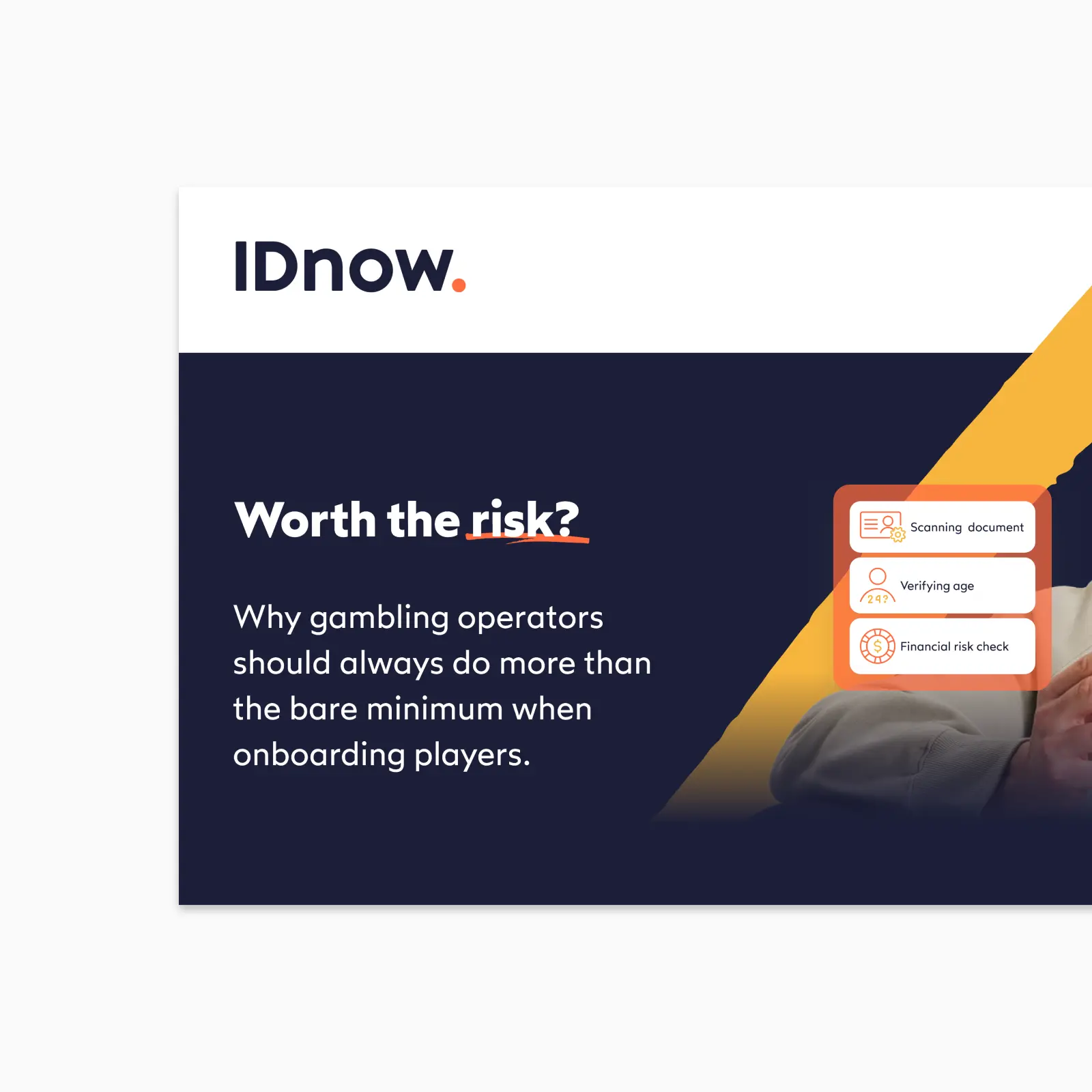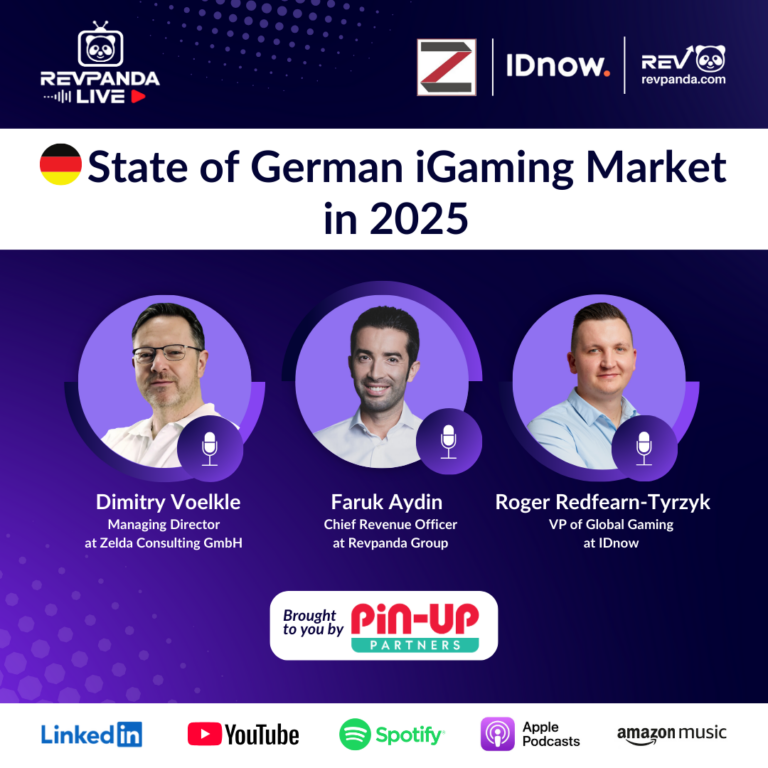Are you ready to play? We explain why gambling operators should always do more than the bare minimum when onboarding players.
The gambling industry has never been more lucrative.
Bolstered in large part by the proliferation of easily accessible online gambling platforms, the industry was worth over $85 billion dollars last year. By 2029, that figure is expected to leap to $133 billion. There are multiple reasons for the industry’s projected rapid growth, including improved access to high-speed internet and reliable payment systems. Another is the opening of numerous currently unregulated markets around the world, especially in Latin America.
While for the consumer, playing online casinos, online lotteries or online sports betting may be a similar experience across countries, there are certain differences in onboarding dictated by specific regional regulatory environments.
Of course, for the customer, this all happens in the background so is rarely a consideration. Gambling operators, however, especially those that are keen to expand into new territories should be aware of every nuance of the customer onboarding process, every regulatory environment, every document or data point required to be compliant and every product functionality that could make the customer experience more inclusive, intuitive and secure.
In the ‘Worth the risk: Why gambling operators should always do more than the bare minimum when onboarding players’ ebook available below, we explore the different customer onboarding journeys from some of the world’s most popular gambling markets, including the United Kingdom, Brazil, Ontario and many more.
How gambling operators should really be onboarding players.
Most common fraud attacks that gambling operators were subjected to in 2023.
Size of some of the most popular global gambling markets.
The steps required to legally onboard players in nine different countries

While onboarding requirements differ across regions, at IDnow, we believe it is crucial to protect vulnerable individuals and verify that customers are who they claim to be, regardless of the market.
Roger Redfearn-Tyrzyk, VP of Global Gaming.
Know Your Player?
Although the gambling industry has never offered more opportunity, it has also never been under greater regulatory scrutiny, or at greater risk of fraud attacks or bonus abuse.
Other challenges facing operators include the ever-increasing cost of player acquisition, and the need to comply with AML, data privacy and responsible gambling requirements. Not to mention that, like most industries nowadays, there is a user expectation for seamless, secure and frictionless 24/7 online experiences. The optimal time to address these challenges is at the beginning, during the identity verification and customer onboarding process.
The role of the gambling regulator.
The regulator’s role is to protect players. They do this by devising and regularly revising regulations and issuing fines for operators that do not comply.
As new jurisdictions open and regulators implement tighter control mechanisms, the number of gambling fines are only set to increase. In fact, in 2023, the global industry saw a record number of fines ($402 million), with UK operators subjected to the most fines, followed by Australia, Ontario, the Netherlands and the US.
Creating regulations that work for the player, the opertaor and the national. market is no easy feat. For example, if taxes are too high or player limitations too strict, then this could push players to the black market. When this happens, governments do not benefit from additional tax and players are not protected. Striking a balance is essential.
Do more than the bare minimum when onboarding players.
At IDnow, we value our trusted relationships with regulatory bodies from around the world. It is these connections and this multi-jurisdictional expertise that allow us to empower operators to confidently navigate onboarding challenges, wherever they are based.
“To enhance security and minimize risk, we recommend going beyond the basic identity checks by integrating additional screening measures early in the customer journey. Implementing these checks early, ideally before withdrawal, provides better protection and reduces the risk of fraud, safeguarding both customers and businesses from unnecessary exposure to financial harm,” added Roger.
Our layered, holistic approach to identity verification enables operators to add additional layers of assurance by offering a flexible solution tailored to risk appetite and regulatory needs. These layers include a range of verification checks, from data checks and financial risk assessments to biometric and video verification.
With the ability to scale up or down in line with a country’s specific regulatory needs, IDnow ensures operators maintain robust protection against fraud and other risks, while delivering a seamless and compliant customer journey.
Discover ‘How to onboard players in Brazil without compromising on compliance or CX’ here.
By

Jody Houton
Senior Content Manager at IDnow
Connect with Jody on LinkedIn



